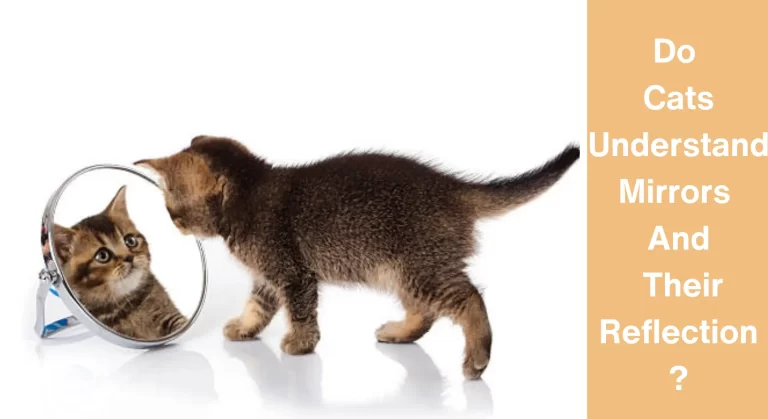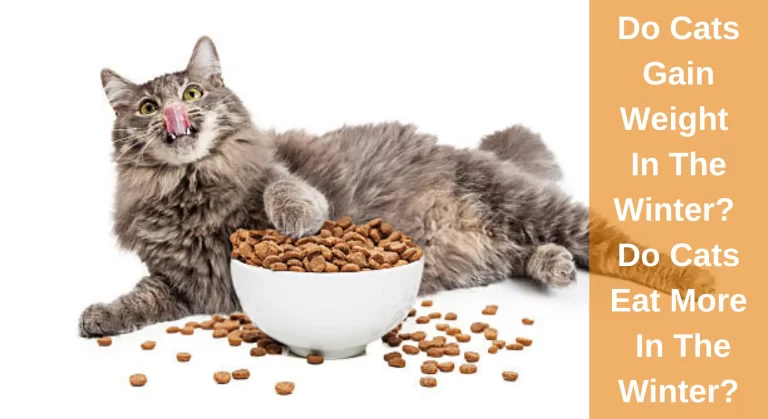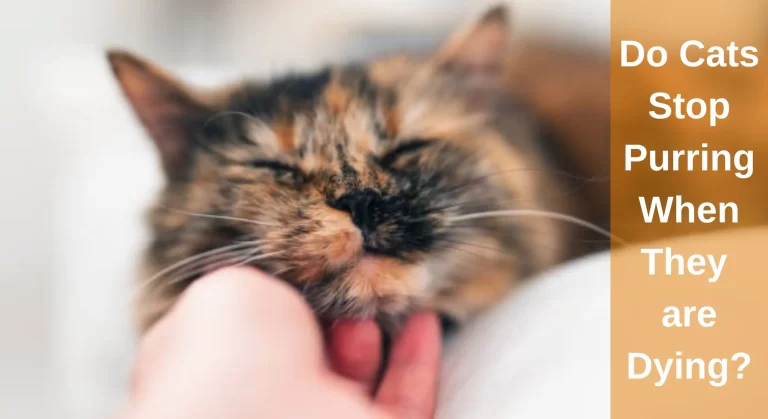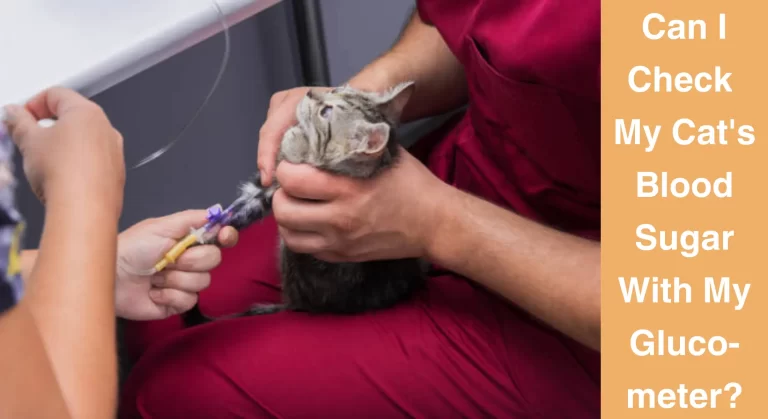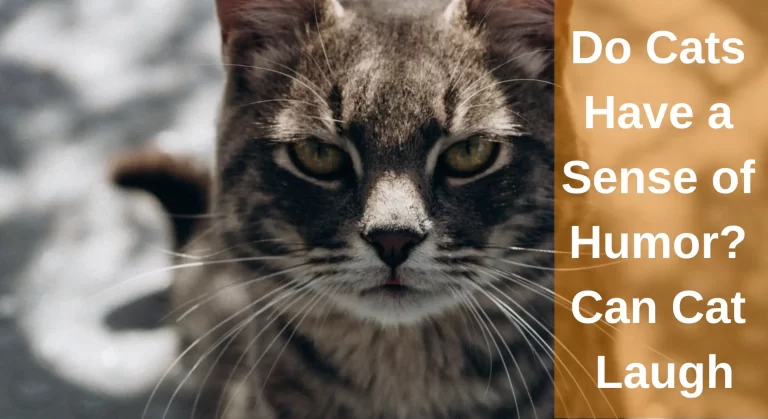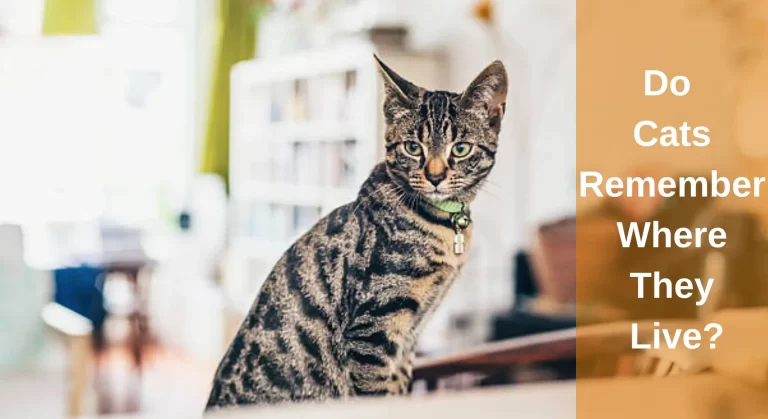Why Is My Cat’s Fur So Soft? All You Need To Know
If you love cats, their velvety, silky fur is most likely one of the features you adore much about your feline companion. Seeing and touching your cat’s velvety hair may be surprisingly calming. However, you might be curious as to why is my cat’s fur so soft or why their hair acquires its particular softness.
Basically, several environmental and natural factors contribute to your cat’s silky hair. Maintenance, nutrition, and heredity all greatly impact how soft your cat’s coat feels. Breeds like Persian, Ragdoll, and Maine Coon are known for naturally having soft fur. A balanced diet with adequate protein and essential fatty acids promotes soft and shiny fur. Regular grooming removes dirt and tangles, enhancing the softness. Cats also have a 3-layer of fur that keeps them warm and gives them a luxuriously fluffy appearance. Additionally, kittens often have softer fur than adult cats.”
So, if you’re a cat owner and want to know more interesting facts regarding your cat’s soft fur, then you’re in the right spot. This article explores the advantages of cats’ coats and why they have evolved to have such soft hair. Discover more about these fluffy felines and how their coat can guard them by continuing to read this post:
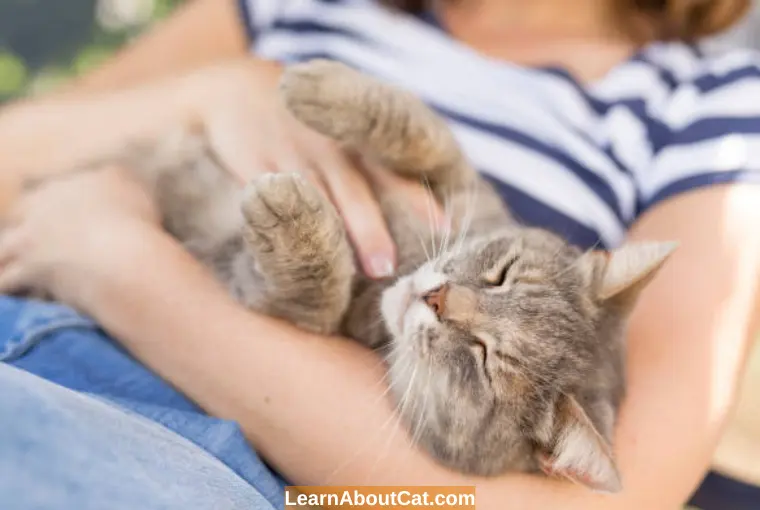
Does Soft Fur Mean a Healthy Cat?
Soft fur alone does not necessarily indicate a healthy cat. While soft fur is often a sign of good grooming and nutrition, a healthy cat’s overall well-being involves various factors like behavior, appetite, weight, and regular veterinary checkups.
Changes in these areas can signal health issues (The fur might seem coarser, have a duller shade, and be shorter when an animal is malnourished), so it’s essential to consider multiple factors when assessing your cat’s health.
Why Is My Cat’s Fur So Silky? Reasons Your Cat Fur Is Soft:
The following are the main reasons for the soft fur in cats:
1. Genetic Influence on Cat Fur
One of the primary determinants of your cat’s fur texture is genetics. Just like humans inherit traits from their parents, cats inherit specific fur characteristics from their ancestors. Some cat breeds are renowned for their exceptionally soft fur, such as the Siberian, Ragdoll, and Scottish Fold.
These breeds have specific genes that contribute to their soft and luxurious coats. Understanding the role of fur genes can shed light on why your cat’s fur is so soft.
2. A Soft Coat Requires a Healthy Diet
Many vets attribute cats’ dull, dry coats to malnutrition and an uncontrolled diet of foods deficient in the vitamins, minerals, and nutrients they need. Contrary to house cats, wild and homeless cats frequently have dry, wiry fur, indicating poor food.
Due to the scarcity of food, stray cats consume less of it, and the food they consume frequently lacks the essential components for good health that make their coat rough and less soft.
In contrast, indoor domestic cats are often provided with a nutrient-dense diet that satisfies their nutritional requirements. A cat especially requires diets rich in protein, lipids, vitamins, and minerals to develop a healthy, smooth coat.
Also Read: Do Cats Have Hair or Fur? What’s the Difference
3. Proteins
According to the Feline Nutrition Association, a cat requires a lot of protein on an excellent coat since its hair is roughly 95% protein.
Additionally, the animal uses around 25 to 30 percent of its daily protein consumption to preserve and improve its skin. You can see that eating a lot of protein has a big impact on how soft a cat’s hair becomes.
3. Fats
Additionally, cats require a lot of lipids, particularly omega-3 and omega-6 fatty acids. Since cats cannot generate these fatty acids on their own, they are also known as essential fatty acids.
Cats’ sebaceous glands produce oils that moisturize their hair and skin much as humans do. Their hair mattes dry and dulls without these crucial fatty acids.
5. Minerals and Vitamins
A cat’s diet also has to contain specific vitamins and minerals if it wants to develop a dense, healthy coat. Among these are copper and zinc, which support healthy skin. A deficiency of these elements can result in a dull coat, hair discoloration, and even loss of hair.
Most commercial and homemade cat food products contain all these vitamins and minerals. Feline Nutrition recommends a raw-meat diet to ensure your cat has a good coat. Giving them a couple of sardines a week to increase their omega intake is helpful.
6. The Benefits of Grooming for Softer Cat Fur
You might be confused as to why the cat wastes so much time cleaning itself or even why cats occasionally groom one another. They eliminate debris, untangle knots, and disperse their body’s natural oils over their hair to make it smoother and silkier by cleaning or licking it.
Additionally, extra dead hair is removed throughout the grooming process, keeping only healthy, silky hair. Cats get softer when they groom more frequently. By brushing and washing your cat and ensuring they have access to lots of water, you may help them have smoother, silkier fur.
Also, Check Out: What Causes Matted Cat Fur?
Why Are My Cats So Soft Behind Their Ears?
Although there isn’t a clear explanation for this, we do have some thoughts! One benefit of having short, softer hair close to your cat’s ears is that it keeps them warm without obstructing their ability to move their ears, which is important given how mobile cats’ ears are.
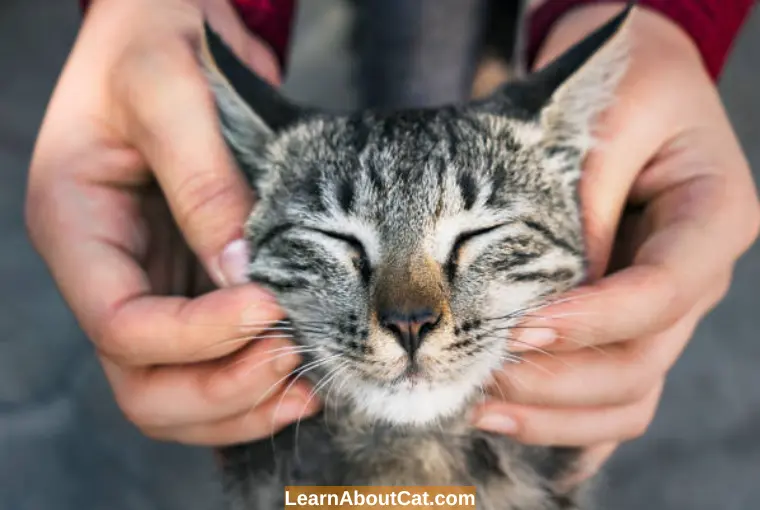
Since it’s least prone to obstruct your cat’s ear, these smaller, softer hairs may also reduce sound interference.
Additionally, more oil is probably produced close to your cat’s ear to aid in infection prevention and maintain the moisture and health of your cat’s ears. In particular, when the cat is great at brushing its ears, more oil leads to nicer fur.
Why Is My Cat Softer Than Other Cats?
You have an extraordinarily soft cat for a few reasons. You likely have such an inherently soft breed.
Additionally, your cat probably eats a balanced diet that provides all the elements necessary for healthy hair. Finally, your cat usually has excellent grooming. Softer fur is a result of all three factors.
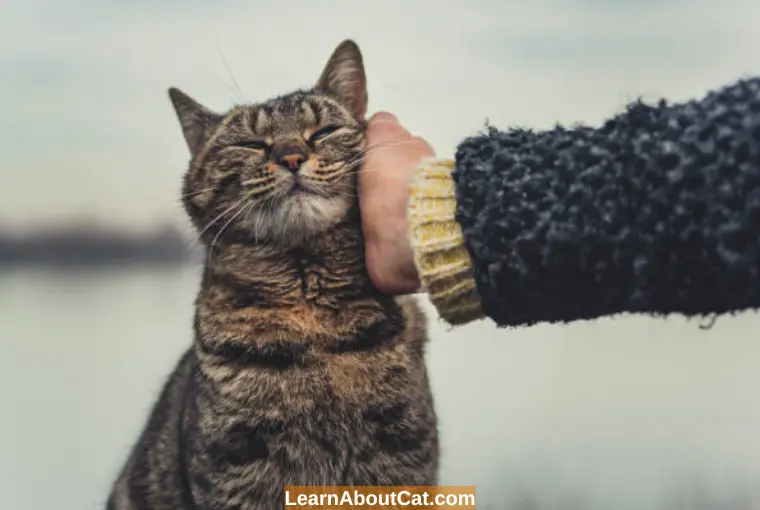
However, it’s also conceivable that your cat just happened to win the genetic jackpot and is inherently gentler. There is no effort needed.
Should I Be Worried If My Cat’s Fur Isn’t Soft?
Sometimes cats won’t possess exceptionally soft fur, even with good care, so as long as they’re fit and active, and you’ve not observed any abnormalities in their hunger or mood, you should just not worry about that.
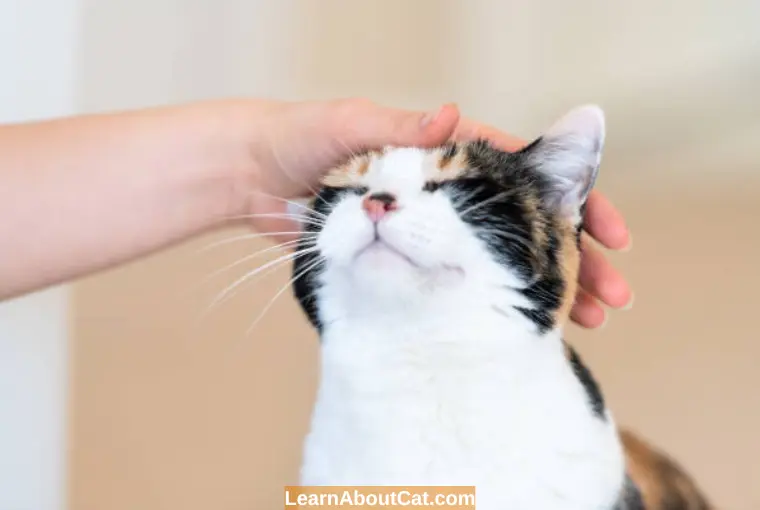
It’s also crucial to remember that the seasons will affect your cat’s appearance. When it’s cold outdoors, or you reside somewhere else where winter seasons are chilly, they frequently appear fluffy.
Of course, you could be on to something if you see a decline in your cat’s coat quality and habits like obsessive cleaning, rubbing, and self-biting. Your cat’s terrible coat look and absence of that silky, delectable sheen may be the result of allergies, along with other skin disorders brought on by parasites like lice and worms.
Why Are Some Cats Not Soft?
A kitty’s fur might become dry and brittle or have a dull coat for a variety of reasons. Some of the most typical reasons are as follows:
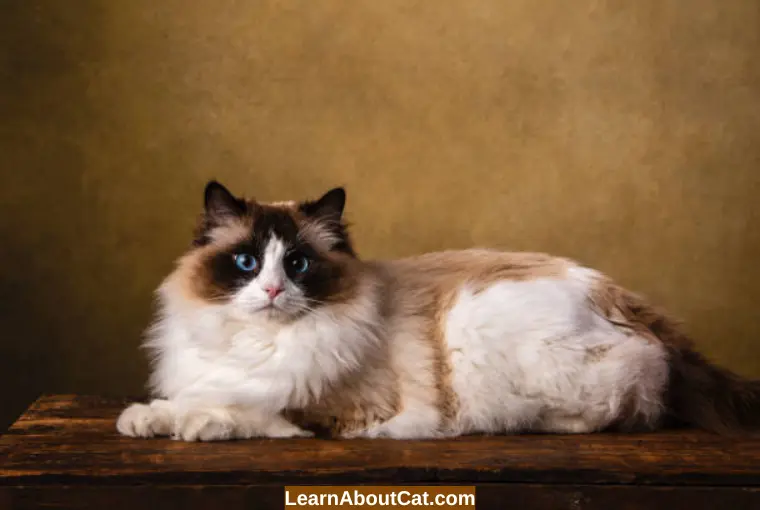
1. Poor Diet
Your cat requires a nutritious diet with a decent mix of carbs, proteins, and lipids, just as you require for hair growth, skin, and body. Like you, your cat might become deficient in essential vitamins and minerals if it consumes inferior food that is harder to digest.
2. Weight Issues
According to estimates, up to 57% of cats in the US are overweight. Some cats gain too much weight and can no longer clean their entire bodies. This can result in a drab, messy coat.
Check Out: How to Help a Cat Lose Weight with Multiple Cats at Home?
3. Age
Cats might develop arthritis or lose their flexibility as they age. According to New York-based veterinary internist and feline expert Arnold Plotnick, MS, DVM, cats just can’t bend and twist like they used to. Therefore, your usually picky feline may have a dull, lifeless coat due to old age or suffering.
4. Taking Too Many Baths
Some people wash their cats to reduce dander or prevent fleas. If you give Kitten too many baths, you could be to blame for her scraggly coat.
How Can I Improve My Cat’s Coat?
In addition to aesthetics, a cat’s skin and fur quality are very indicative of its overall health. The following fundamental actions may be taken to help your cat learn and develop positive habits:
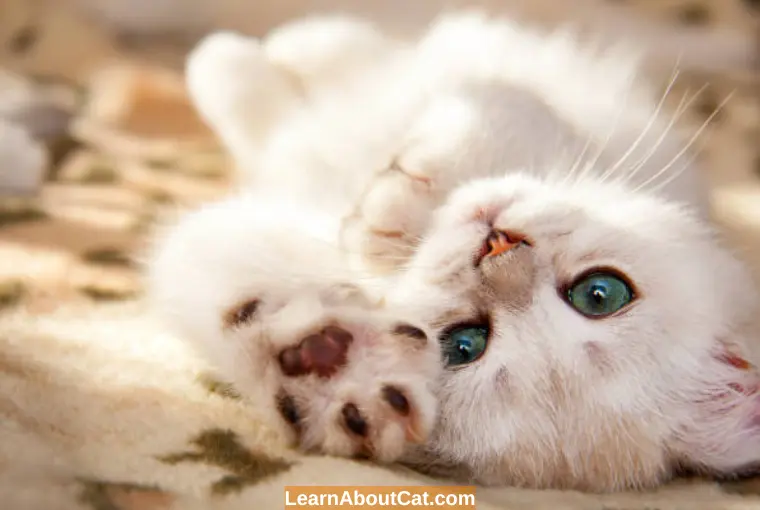
1. A Diet Rich in Essential Nutrients
For your cat’s general health, it is essential to feed her a full and balanced meal. For their greatest health, cats require the nutrients found in animal-based proteins.
2. Control Obese Cats
Cats that are overweight are more likely to develop several chronic health issues. They can get diabetes, hypertension, cancer, heart disease, and osteoarthritis, just like humans. Is it time to switch to a low-calorie, high-protein diet? This may make your cat healthier and happier, as well as enhance its skin and hair.
3. Use of Supplements
Supplements may be an option if some of the fundamentals aren’t helping your cat’s rough coat or flaking skin. Because fish oil supplements have anti-inflammatory properties, they can be quite helpful for dry or irritated skin. There are other excellent sources, such as sunflower or safflower oil.
4. Treatment of Fleas
Itchy skin is particularly common in cats with skin issues. Cats may get over the scratch to relieve themselves, which can result in sores and partial baldness. Fleas are often the most frequent cause of itching.
Utilize routine flea prevention for cats. Make sure to note or set an updated date in your calendar along with the date of each treatment. Always apply the flea prevention your veterinarian recommends.
Also Read: Why My Cat Has Scabs on Its Neck But No Fleas?
Frequently Asked Questions
Does cats’ fur get softer when they’re happy?
Yes. Although the fur is not extraordinary, the way it is treated makes it soft. A well-loved and taken-care-of cat may have its fur groomed often. It will undoubtedly get loads of petting. Both of these motions keep the cat content and the fur fresh and moisturized by distributing skin-derived oils through the fur.
Does mood affect a cat’s fur?
Yes, a cat’s fur will change in appearance due to illness or stress, specifically if it is severe or long-lasting. Many cats can also shed abnormally when they are stressed.
How often should I groom my cat to maintain soft fur?
To maintain soft fur, regular grooming is key. For long-haired cats, aim for daily grooming, while short-haired cats can be groomed once or twice a week. Use a cat-specific soft-bristled brush or comb, and be gentle, especially if your cat is new to grooming. However, long-haired breeds may require daily brushing to prevent mats and tangles. Additionally, a nutritious diet with ample protein and essential fatty acids supports healthy fur. Avoid overbathing, and ensure your cat receives routine checkups from the veterinarian to address any potential issues promptly.
There are several natural remedies that can assist in managing fur-related issues in cats, including an oatmeal bath to soothe irritated skin, coconut oil and fish oil supplements for healthier fur, apple cider vinegar as a rinse to deter fleas, and chamomile tea for its anti-inflammatory properties.
What cat breed has the softest hair?
The cat breed often celebrated for having some of the softest and most luxurious fur is the Persian cat. Persians are renowned for their incredibly soft, long, and silky coats, which are a result of their unique genetics and breeding. Some of the softest cat breeds accurately, which include the Persian, Ragdoll, Maine Coon, Sphynx, Devon Rex, and Cornish Rex.
Can I use human shampoos and conditioners on my cat?
No, it’s not recommended. Cat skin and fur have specific needs, and using products (human shampoo) designed for humans can be harmful. Use cat-specific grooming products to ensure their safety and comfort.
Conclusion
Cats are known for their beautifully soft fur, which often feels like a luxurious blanket of comfort. This softness is primarily influenced by genetics, with certain breeds predisposed to exceptionally silky coats. Additionally, a well-balanced diet rich in nutrients, meticulous self-grooming, and a stress-free environment contribute to their fur’s velvety texture.
However, it’s essential to remember that soft fur alone doesn’t guarantee a healthy cat. Health is a complex interplay of factors, and while soft fur is a positive sign, it should be considered alongside other indicators like behavior, appetite, and regular veterinary checkups.
If you ever have concerns about your cat’s fur or overall health, consulting a veterinarian is the best course of action to ensure your feline friend’s well-being.
Who is Isabella?
My name is Isabella, and I am a dedicated and knowledgeable cat enthusiast. With years of experience caring for cats and a deep love for felines, I made a mission to help other cat lovers navigate the challenges of cat ownership.

